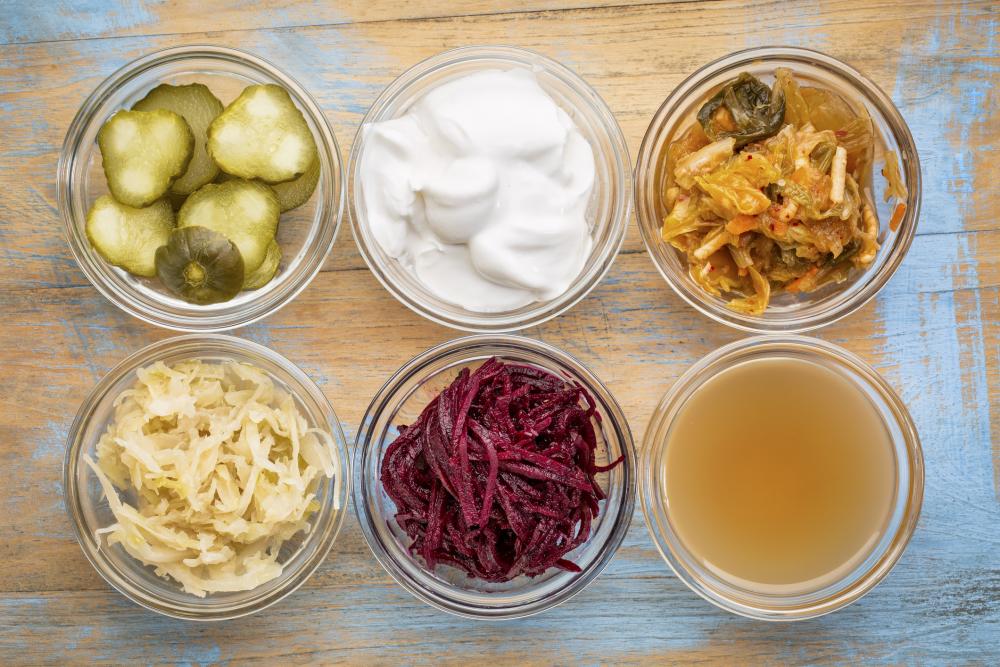3 min Read
Dr. Rodolphe Barrangou says his love of food comes from growing up in France, which he calls “the land of great cheese, great wine and great champagne.” All those foods are made through fermentation, a process Barrangou later studied.
Today, Barrangou is an expert on the important role that tiny organisms known as microbes play in the food chain. He is exploring the use of gene editing technology to create bacteria and probiotics that could not only enhance food’s flavor but also benefit human health.
We talked with Barrangou about microbes, CRISPR and the gut-brain axis.
[quotation align="full" source="Dr. Rodolphe Barrangou" attribution="Associate Professor of Food Science, North Carolina State University"]
We can also gene edit probiotic strains to enhance our whole health: gut health, women’s health, skin health. For example, we could develop a probiotic that makes it easier for people with lactose intolerance to digest dairy products.
[/quotation]
Why did you start to study microbes?
While working on my master’s degree at North Carolina State in food science, I studied vegetable fermentation. I researched the process of turning cucumbers into pickles and turning cabbage into sauerkraut. I became really mesmerized by the role microbes play in the process.
Microbes and living bacteria play a critical part in the food supply chain. They make some of the best tasting foods in the world as desirable as they are — whether it’s wine or cheese or yogurt or kombucha or champagne or even bread. And there’s pickles, sauerkraut, olives. You can go on and on and on.
From there, I studied microbiology and genomics as part of my PhD. I wanted to really understand, at a molecular level, the role microbes play in our food system and our health. That’s where the intersection of food and microbiology started for me scientifically. Today, I look at ways we can use CRISPR—a genome editing method—to improve microbes and probiotics.
Why edit microbial genomes?
We can use CRISPR-based gene editing to enhance the ability of microbes to provide flavor and texture to different types of fermented products.
We can also gene edit probiotic strains to enhance our whole health: gut health, women’s health, skin health. For example, we could develop a probiotic that makes it easier for people with lactose intolerance to digest dairy products.
We could then add them to yogurt or make a pill format. By consuming them, people would likely be healthier.
You’ve said before that probiotics could make people happier. Why is that?
It’s gut health. There’s a direct link, it’s called the gut-brain axis. Our intestinal health has a direct impact on brain function in terms of hormones, transmitters, receptors and molecular interplay between nerves in the gut, brain function and brain health. This is a very early but quickly rising avenue of research.
You can think about it in terms of nutrition, too. If you eat better, you feel healthier—and you will feel happier. If you don’t feel very well, after a good meal, you can feel better. If you eat bad food, you will pay the bill energetically in terms of happiness later.
I think we know intuitively that what we eat has a very strong impact on our mood, on our happiness. So by using probiotics to improve gut health, we can make people happier.


